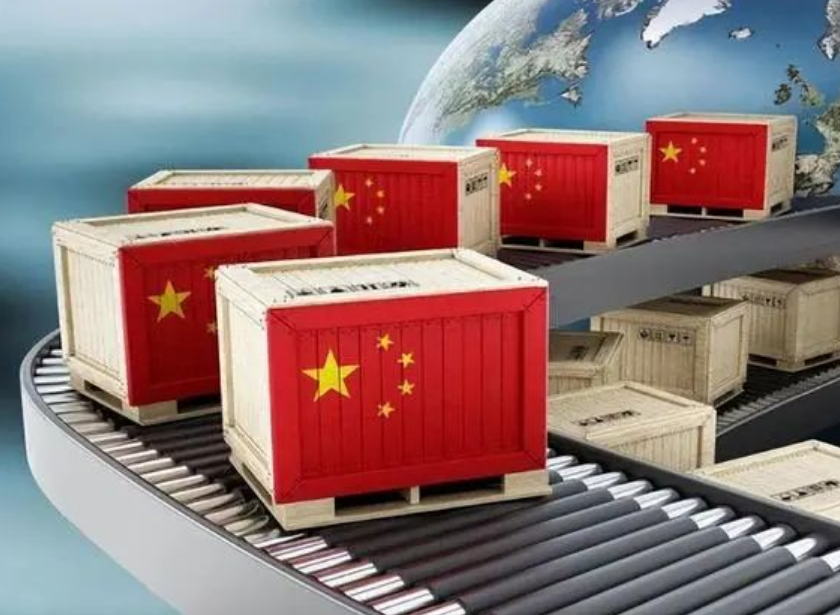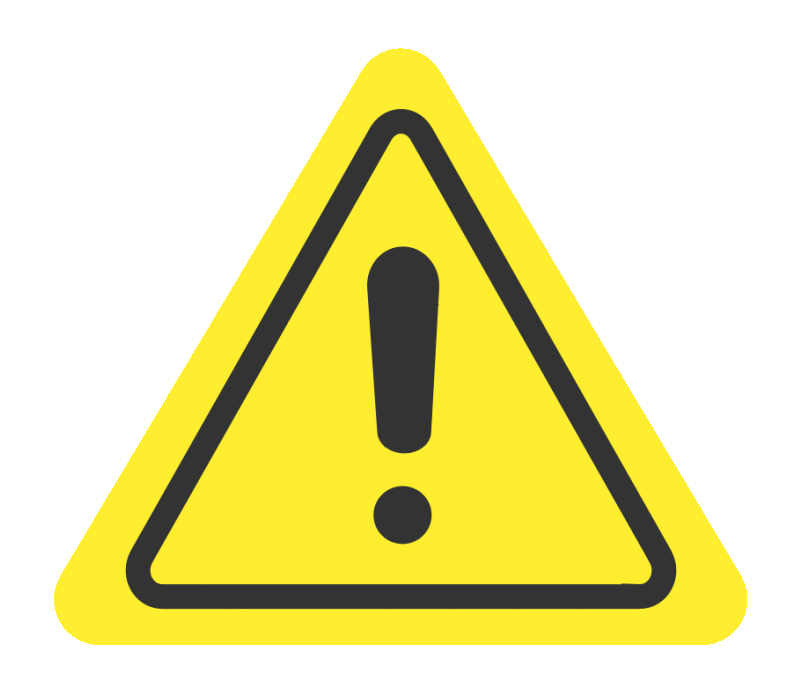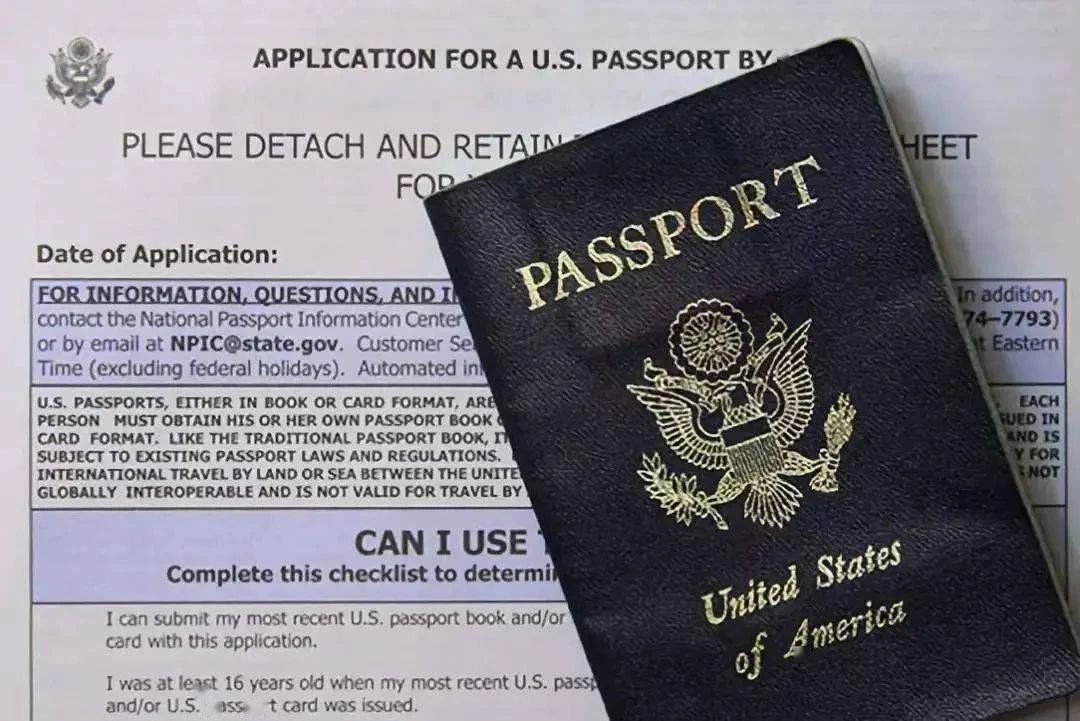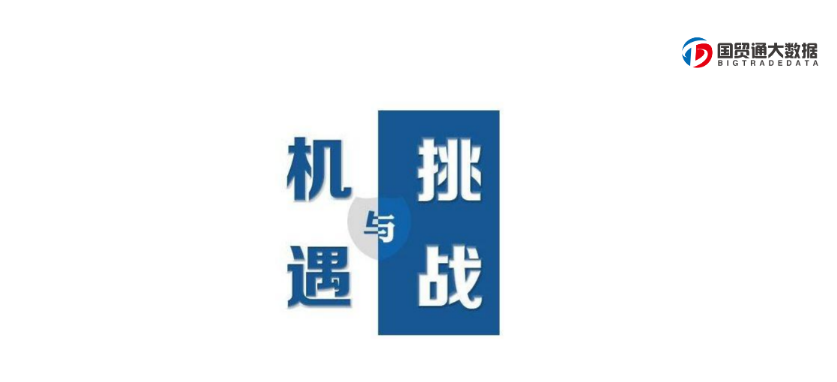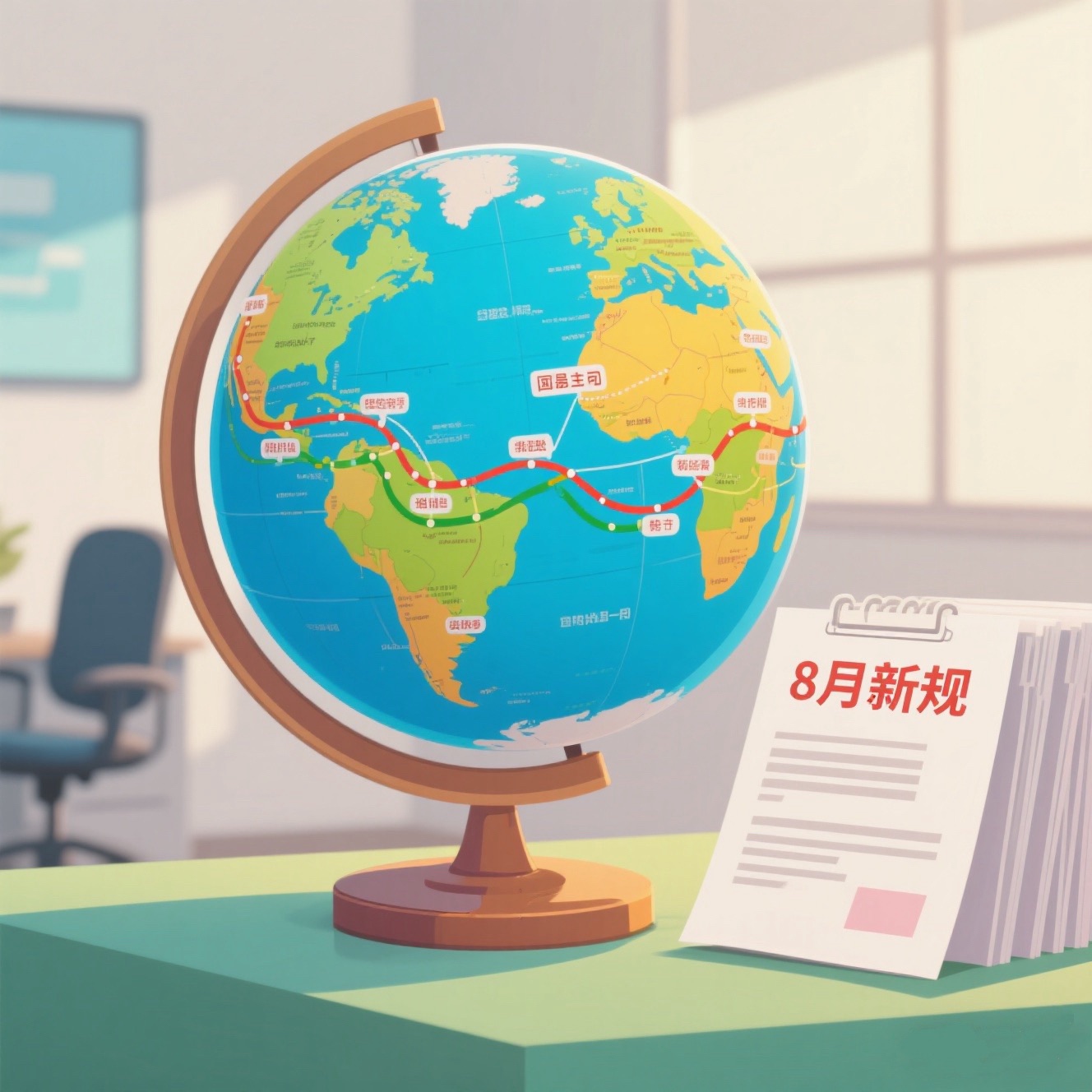
Must-Read for Foreign Trade Practitioners: August New Regulations Policy Guide
“As the global trade landscape continues to evolve, governments around the world are adjusting foreign trade policies to adapt to the new international economic environment. Starting in August, a series of important new foreign trade regulations have come into effect, covering domestic and international policies, import-export regulations, tariff policies, and more. Let’s take a closer look!”
As the global trade landscape continues to evolve, governments around the world are adjusting foreign trade policies to adapt to the new international economic environment. Starting in August, a series of important new foreign trade regulations have come into effect, covering domestic and international policies, import-export regulations, tariff policies, and more. Let’s take a closer look!
01 Domestic Regulations
Ministry of Commerce Announces Final Ruling on Anti-Dumping Investigation into EU-Origin Brandy
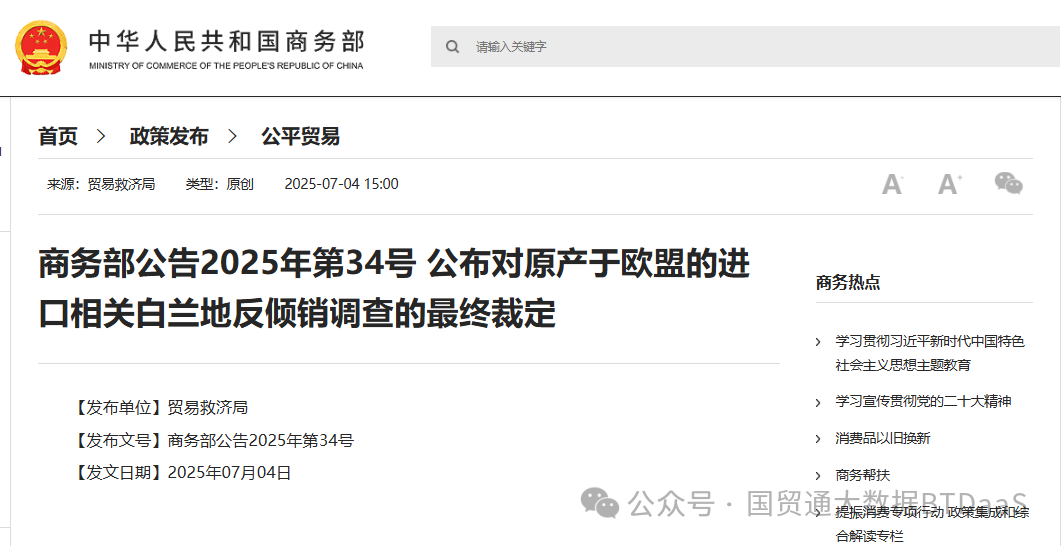
On July 4, China’s Ministry of Commerce issued Announcement No. 34 of 2025, announcing the final ruling on the anti-dumping investigation into EU-origin brandy. The ruling confirmed that the imported brandy from the EU was being dumped, posing a substantial threat of damage to China’s domestic brandy industry, with a causal link between the dumping and the threat. The determined dumping margin ranges from 27.7% to 34.9%.
Original Link:https://www.mofcom.gov.cn/zcfb/gpmy/art/2025/art_112b6c818e3e44668dde0f58908d8cee.html
Ministry of Commerce Adds 8 Taiwan Entities to Export Control List
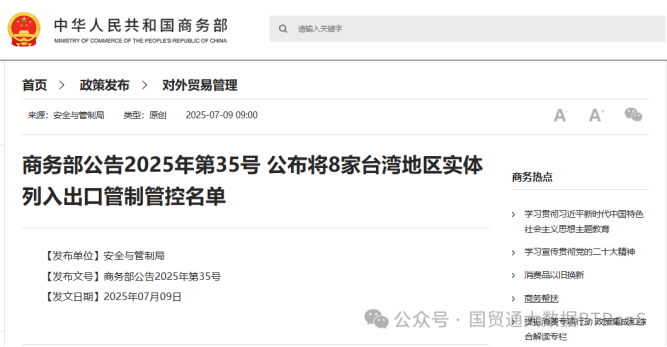
On July 9, the Ministry of Commerce announced the inclusion of 8 Taiwan entities in the dual-use items export control list, effective immediately. This marks the first time Taiwan entities have been added to the export control list since the enactment of the Export Control Law of the People’s Republic of China and the Regulations on the Export Control of Dual-Use Items. Exports of dual-use items to these entities are now prohibited.
Original Link:
https://www.mofcom.gov.cn/zcfb/dwmygl/art/2025/art_462ce132874e4048a7811ea71c082ec9.html
Ministry of Commerce Releases Revised "Catalogue of Technologies Prohibited and Restricted from Export"
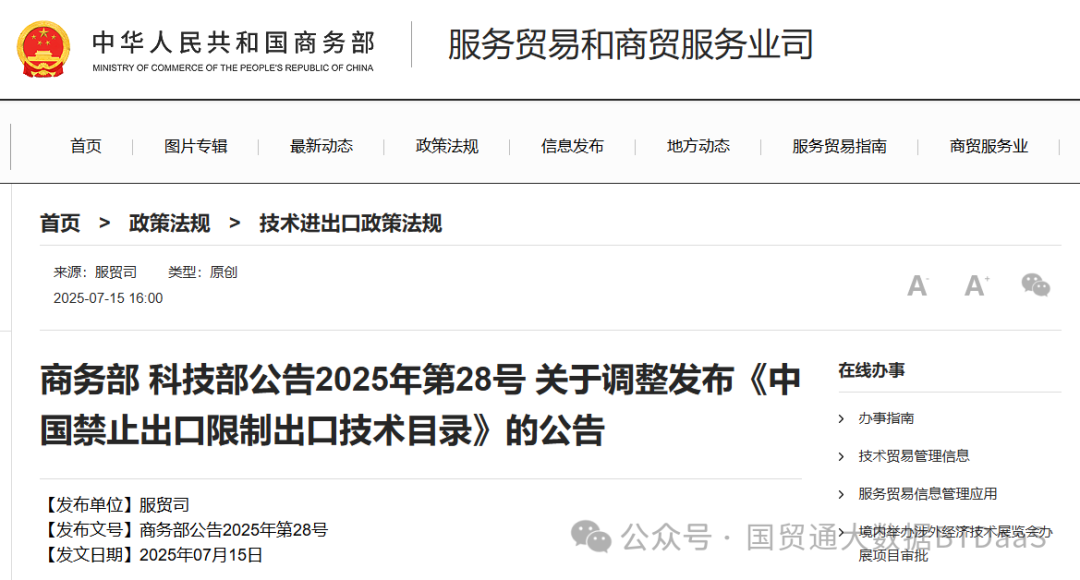
On July 15, in accordance with the Foreign Trade Law of the People’s Republic of China and the Regulations on the Administration of Technology Import and Export, the Ministry of Commerce, in collaboration with the Ministry of Science and Technology, made partial adjustments to the Catalogue of Technologies Prohibited and Restricted from Export (Annex to Announcement No. 57 of 2023). The revised catalogue is now officially released and takes effect immediately. Technologies with military-civilian dual-use applications will be subject to export control.
Original Link:http://fms.mofcom.gov.cn/zcfg/jsjckzcfg/art/2025/art_ba35a101c22c4f6e844f749cb0a98552.html
Customs Expands Random Inspection Scope for Import and Export Goods
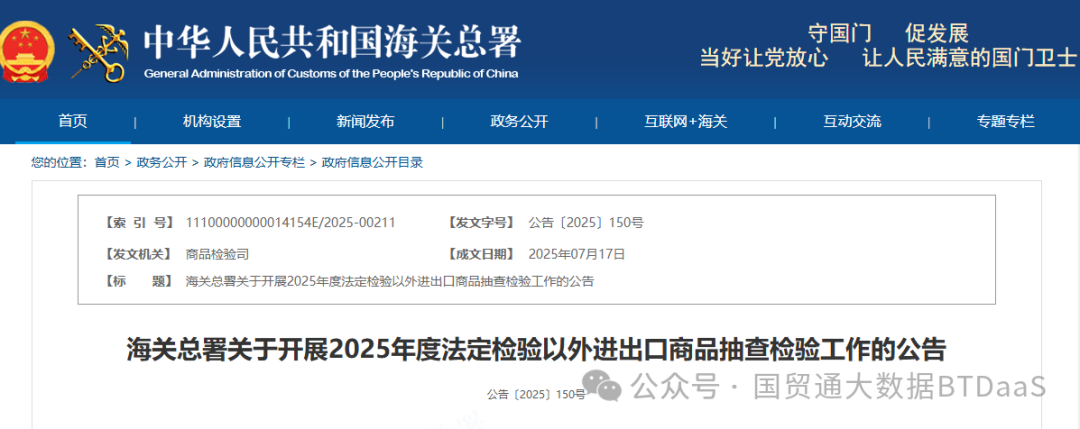
On July 17, the General Administration of Customs (GAC) issued Announcement No. 150 of 2025, announcing the random inspection of certain import and export goods outside statutory inspection requirements, effective August 1, 2025.
*Imported goods: Student stationery, children’s products, electronics, household appliances, low-voltage electrical equipment, daily accessories, etc.
*Exported goods: Children’s toys, lighting products, low-voltage electrical equipment, functional apparel, etc.
Compared to Announcement No. 163 of 2024, the GAC has expanded the scope of random inspections for exported goods, adding lighting products, low-voltage electrical equipment, and functional apparel to the list. Relevant enterprises should ensure compliance.
Original Link:http://www.customs.gov.cn/customs/302249/zfxxgk/zfxxgkml34/6634537/index.html
China-Benin AEO Mutual Recognition Takes Effect August 1
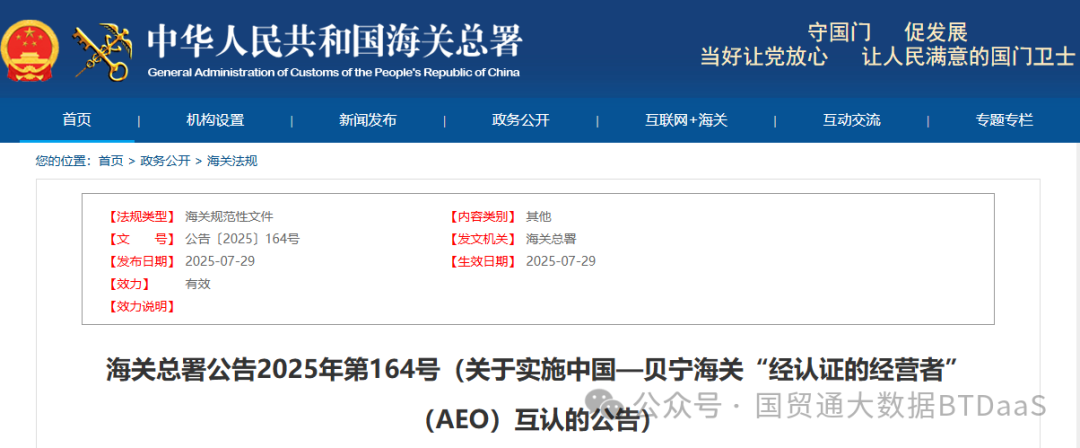
On July 29, the GAC announced that the Authorized Economic Operator (AEO) mutual recognition arrangement between China and Benin will officially take effect on August 1, 2025. This marks a significant step in trade facilitation between the two countries, offering smoother customs clearance and improved business conditions.
Original Link:http://www.customs.gov.cn/customs/302249/302266/302267/6648420/index.html
China-Thailand AEO Mutual Recognition Takes Effect August 1
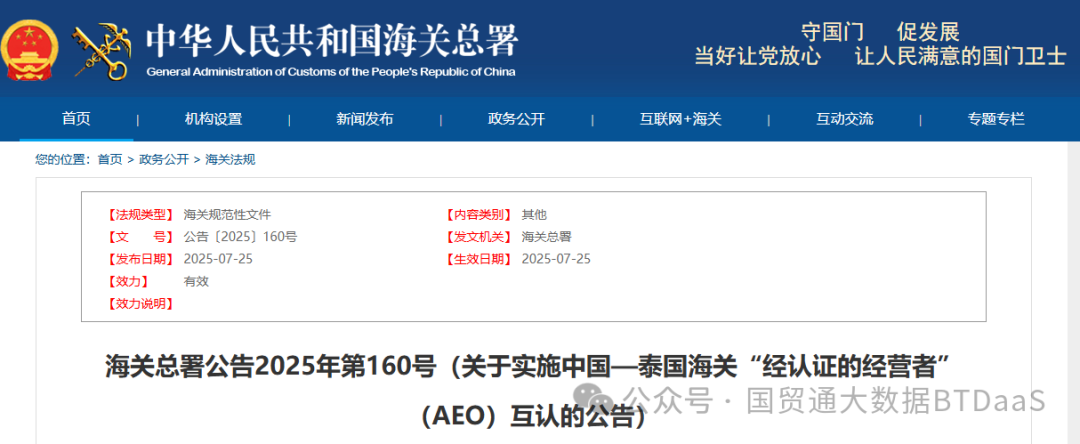
In July 2025, the GAC issued an announcement confirming that the AEO mutual recognition arrangement between China and Thailand will officially take effect on August 1, 2025.
Original Link:http://www.customs.gov.cn/customs/302249/302266/302267/6644894/index.html
Ministry of Finance, GAC, and State Taxation Administration Issue Notice on Hainan Free Trade Port Import Taxable Goods List
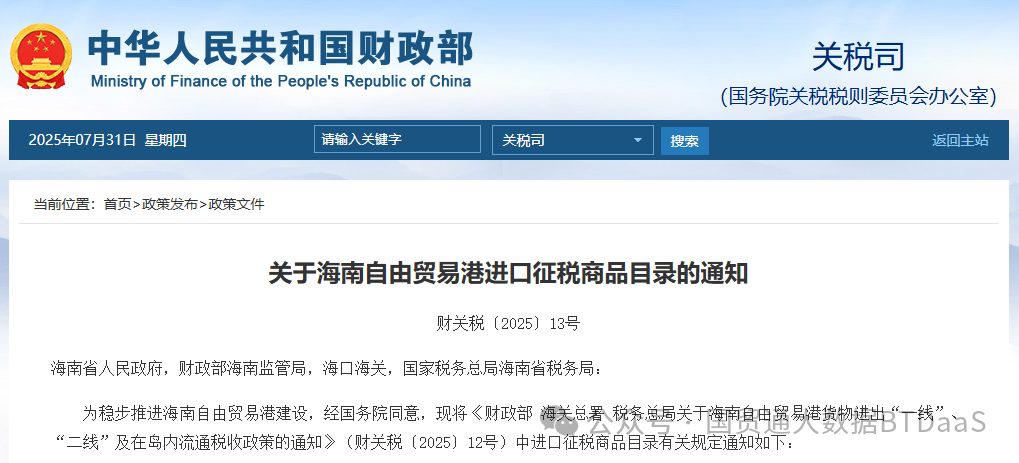
To steadily advance the construction of the Hainan Free Trade Port, the Ministry of Finance, GAC, and State Taxation Administration issued a notice on the import taxable goods list under the tax policy for goods entering and exiting the "first line" and "second line" of the port.
Original Link:https://gss.mof.gov.cn/gzdt/zhengcefabu/202507/t20250722_3968312.htm
02 International Regulations
EU Battery Regulation Takes Effect
The Extended Producer Responsibility (EPR) requirements under the EU Battery Regulation will take effect on August 18, 2025. Exporters must register as producers in each EU country where they sell batteries and submit periodic reports on battery quantities, weight, etc., while paying corresponding environmental fees. Reporting cycles vary by country (quarterly, semi-annually, or annually).
US Updates Food Labeling Compliance Program
On June 24, 2025, the US FDA updated its Food Labeling General Requirements Compliance Program (7321.005), renaming it "Food Labeling General Requirements and Label-Related Sample Analysis – Domestic and Imported." The update reflects the FASTER Act (2021), which added sesame as the 9th major allergen, and includes new guidelines for gluten-free labeling.
Canada Imposes 25% Tariff on Chinese Steel Products
Canadian Prime Minister Carney announced that starting late July, a 25% tariff will be imposed on Chinese steel and related products to prevent dumping due to US trade policies. Additionally, Canada will implement tariff rate quotas (TRQs) on steel imports from August 1:
*Free trade partners (excluding US & Mexico): TRQ equal to 2024 import volumes; 50% tariff on excess.
*Non-free trade partners: TRQ at half of 2024 import volumes; 50% tariff on excess.
Vietnam Imposes 27.83% Anti-Dumping Duty on Chinese Hot-Rolled Steel
On July 7, 2025, Vietnam’s Ministry of Industry and Trade (MOIT) unexpectedly issued a statement announcing the imposition of anti-dumping duties on certain hot-rolled coil steel products originating from China, with duty rates ranging from 23.1% to 27.83%. The measures will remain in effect for five years.
A tiered tariff system applies to different Chinese enterprises:
*Highest rate (27.83%): Applies to 12 major Chinese steel producers, including Baosteel, Ansteel, Shagang Group, Shougang Group, and Maanshan Iron & Steel. All other Chinese steel enterprises not listed will also be subject to this punitive rate.
*Intermediate rate (26.94%): Exclusively applies to Yanshan Iron & Steel Group.
*Lowest rate (23.1%): Exclusively applies to Guangxi Liuzhou Iron & Steel Group, representing a 3.72 percentage-point increase from the provisional rate of 19.38% imposed in March.
The affected products fall under the following Vietnamese HS codes:
7208.25.00, 7208.26.00, 7208.27.19, 7208.27.99, 7208.36.00, 7208.37.00, 7208.38.00, 7208.39.20, 7208.39.40, 7208.39.90, 7208.51.00, 7208.52.00, 7208.53.00, 7208.54.90, 7208.90.90, 7211.14.15, 7211.14.16, 7211.14.19, 7211.19.13, 7211.19.19, 7211.90.12, 7211.90.19, 7225.30.90, 7225.40.90, 7225.99.90, 7226.91.10, 7226.91.90.
Vietnam Requires Automatic VAT Payment for Imported Goods Valued Below 1 Million VND
The Vietnam Customs announced that, effective August 1, it will implement Circular No. 29/2025/TT-BTC, introducing an automated value-added tax (VAT) collection process for express import goods valued below 1 million Vietnamese dong (VND).
According to Decision No. 01/2025/QD-TTg, while such goods were previously exempt from import tax, they remained subject to VAT. However, due to system limitations, manual VAT declarations resulted in low efficiency.
The new regulation will undergo a pilot phase from July 9 to 31, after which it will be officially applied to all express shipment methods, including air, road, and rail transport. This measure aims to:Modernize tax collection,Streamline administrative procedures,Ensure state revenue compliance.
Indonesia Eases Import Restrictions
Indonesia recently announced it will relax or eliminate import restrictions on ten major categories of goods and raw materials, including forest products, pearls, subsidized fertilizers, certain fuels and chemicals, plastic raw materials, food trays, bicycles, and footwear. Meanwhile, Indonesian officials stated they will tighten import supervision on ready-made garments and accessories to support domestic manufacturing. Import restrictions will remain unchanged for strategic commodities such as rice, salt, fishery products, goods related to safety and health, as well as certain labor-intensive industrial products including textiles and steel.
Saudi Arabia Adds 105 Local Products to Mandatory Government Procurement List
The Saudi Arabian Government Procurement Authority announced an update to its mandatory procurement list, adding 105 locally manufactured products. These products cover seven sectors: pharmaceuticals and medical supplies, construction, transportation and logistics, furniture, cybersecurity, and information technology. According to the statement, this update requires government agencies to procure these products exclusively from local factories when available. Government spending on these products is expected to exceed 2.3 billion riyals (US$613 million), with 103 Saudi factories capable of supplying these products to meet government demand.
Kenya Requires Certificates of Origin for All Imported Goods
On July 9, the Kenya Revenue Authority (KRA) issued a notice reminding that starting July 1, 2025, all goods imported into Kenya must be accompanied by a Certificate of Origin (COO) issued by the competent authority of the exporting country. The notice stated: "This marks a fundamental shift from previous practices, where COOs were only required for goods under preferential trade arrangements to determine origin." The KRA warned that non-compliance could result in confiscation or seizure of goods. To facilitate importers in obtaining the necessary documents, the KRA has provided a limited grace period until September 30, 2025.
Congo Announces 2% Tariff on All Non-Food Imports
On July 15, the Congolese Minister of Public Health, Welfare, and Social Security announced that the government will impose a 2% special tax on all imported products except agricultural food items to sustainably fund the Universal Health Coverage Plan. This plan, a major reform initiated by the head of state, aims to provide all Congolese citizens with access to high-quality medical services. The tax revenue will be directly transferred to the Health Promotion Fund to purchase medicines and medical equipment and support hospital rehabilitation.
Argentina Allows Prepaid National Taxes to Offset Import Tariffs
Through Resolution No. 5720/2025, Argentina's Tax and Customs Control Administration (ARCA) stipulated that, following the abolition of the PAIS tax on imported goods under Decree No. 433/2023, importers with prepaid taxes that were unused or partially used within their validity period may apply them to offset import tariffs. Importers must download and register the relevant forms on the ARCA website by August 22. The maximum offset per transaction is 4 million pesos, with amounts exceeding this to be offset in installments. The first offset will occur on September 8.
Russia Mandates Digital Labeling for Cosmetics, Requiring Supply Chain Overhaul
Reports indicate that Russia has fully implemented mandatory digital labeling for cosmetics starting in 2025, covering products such as soap, shampoo, and toothpaste, with each item requiring a unique Data Matrix code. Local beauty company ESTILAB became compliant by revamping production lines and upgrading its ERP system, avoiding 1 billion rubles in inventory losses. The new regulations require full supply chain traceability data to be retained until 2028, with plans to mandate retail scanning starting in 2026.
Philippines Customs Reform: Importer Accreditation Validity Extended to 3 Years, Fees Increased to 5,000 Pesos
On July 21, Philippine Bureau of Customs (BOC) Commissioner Ariel Nepomuceno announced major reforms to the importer accreditation system. Under the revised Customs Administrative Order No. 07-2022, accreditation validity will be extended from 1 to 3 years, but processing fees will increase from 2,000 to 5,000 pesos. The new rules also require importers to submit annual compliance reports 30 days before their accreditation anniversary and update application forms to enhance supervision. The amendment is currently under final review by the BOC legal team and is expected to be implemented soon. The reform aims to reduce the burden of repeated applications on businesses while strengthening customs' dynamic oversight of importers.




